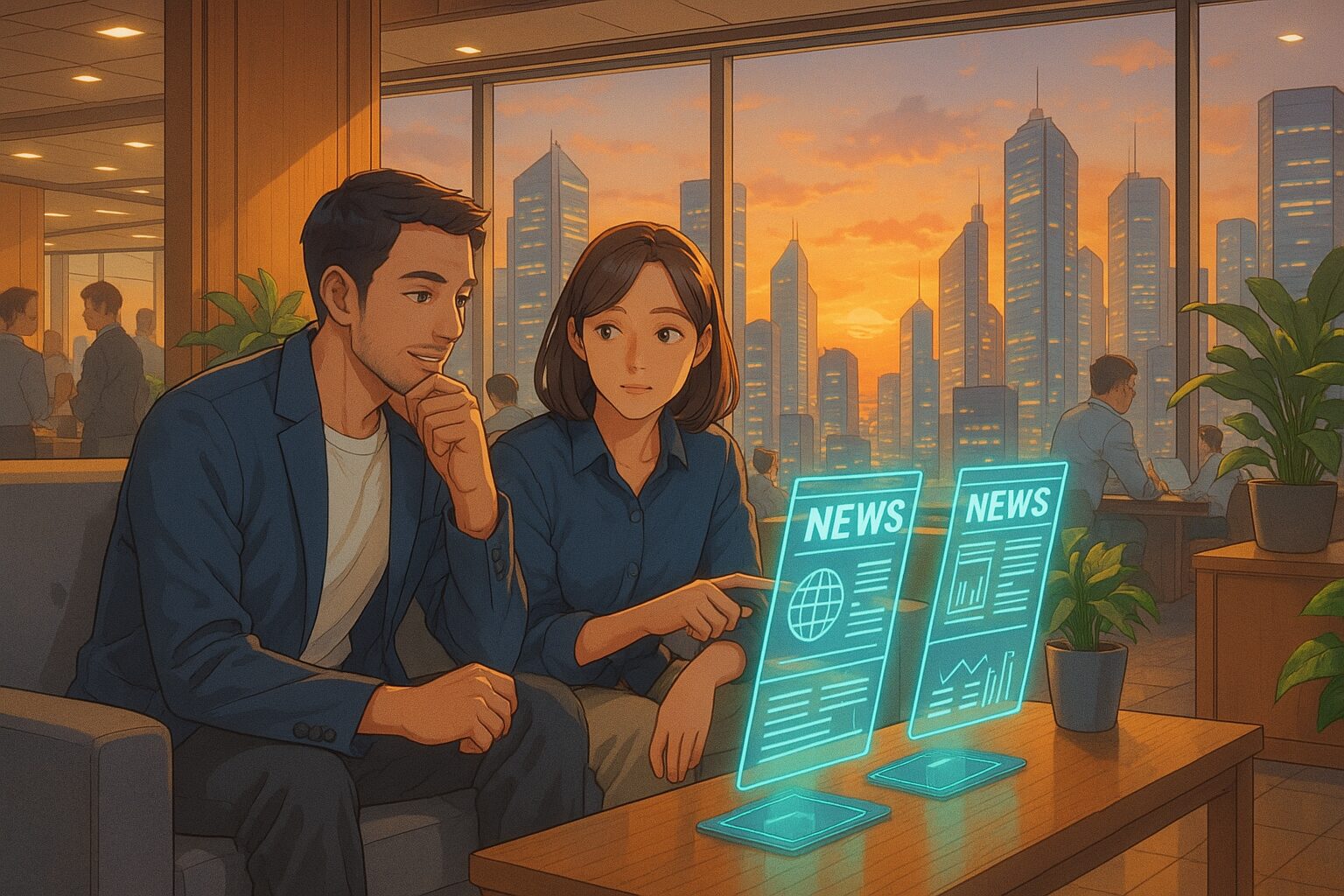The Future of the Space Industry: Beyond the Monopoly of Elites?
Space development is transforming from the once distant “rocket science” into something more accessible. Venture capitalists (VCs) are looking at the new business opportunities in the space industry, not just relying on technical expertise. If this trend continues, how will our relationship with space change?
1. Today’s News
Source:
Space investing goes mainstream as VCs ditch the rocket science requirements
Summary:
- VCs who do not rely on technical expertise are investing huge amounts in space-related startups.
- The new industry is shifting from rockets to moon mining and in-orbit manufacturing.
- Non-technical VCs expect operational capabilities to surpass aerospace degrees.
2. Considering the Background
Space development has been seen as a specialized domain for a limited elite. Due to the high level of expertise required, the companies and individuals involved have been limited. However, as technology evolves and the space industry diversifies, business opportunities are expanding. This change may also affect our daily lives, potentially leading to a future where products manufactured in space are available in the market.
3. What Does the Future Hold?
Hypothesis 1 (Neutral): A Future Where Space Business Becomes Commonplace
The number of space-related startups will increase, and discussions about space business will become a regular part of our surroundings. This will lead to space being recognized not as a special place but as a part of business. It may be accepted as just another familiar market rather than the ultimate frontier that space is seen as striving towards.
Hypothesis 2 (Optimistic): A Future Where the Space Industry Significantly Expands
With technological innovations and new business models coming together, the space industry will see substantial growth. This may lead to space travel becoming commonplace or production in space serving as a solution to Earth’s resource issues. People’s values may also change, considering living and working beyond Earth as realistic options.
Hypothesis 3 (Pessimistic): A Future Where Expertise Diminishes
On the other hand, the devaluation of technical expertise may threaten safety and efficiency in space development. This could slow the progress of space development and result in an increase in accidents and troubles. Trust and expectations towards space development among people may waver, raising concerns about reverting back to being a domain exclusive to experts.
4. Tips for Us
Thinking Tips
- Consider how our values might change with space becoming part of business.
- Adopt a perspective on how space technology can aid in everyday choices.
Small Practical Tips
- Actively gather information about the space industry and expand your knowledge.
- Share space-related news and information with others to raise awareness.
5. What Will You Do?
- What preparations will you make for a future where space becomes part of business?
- How do you wish to engage with the space industry amid concerns over the loss of expertise?
- If extraterrestrial lifestyles become a reality, what choices would you make?
What kind of future do you envision? Please share your thoughts through social media quotes or comments.









